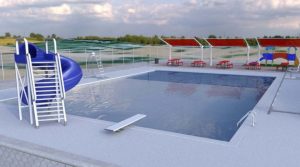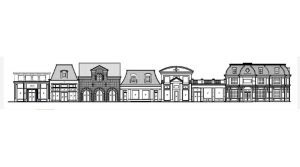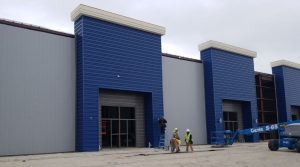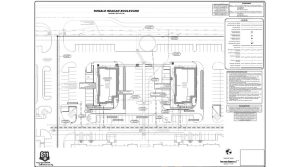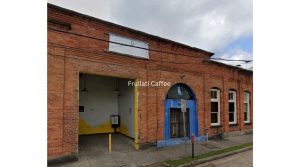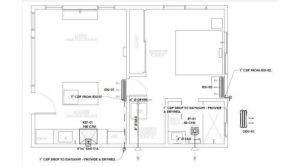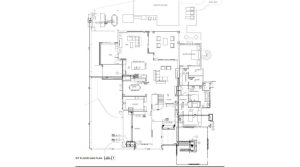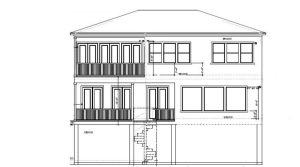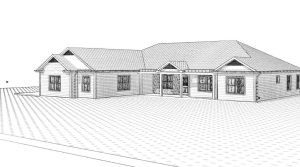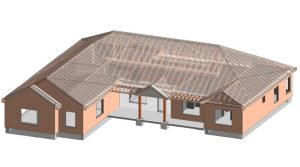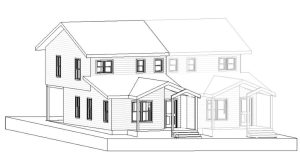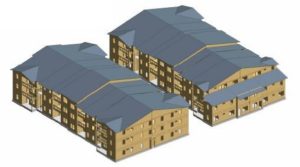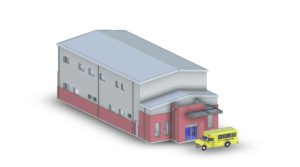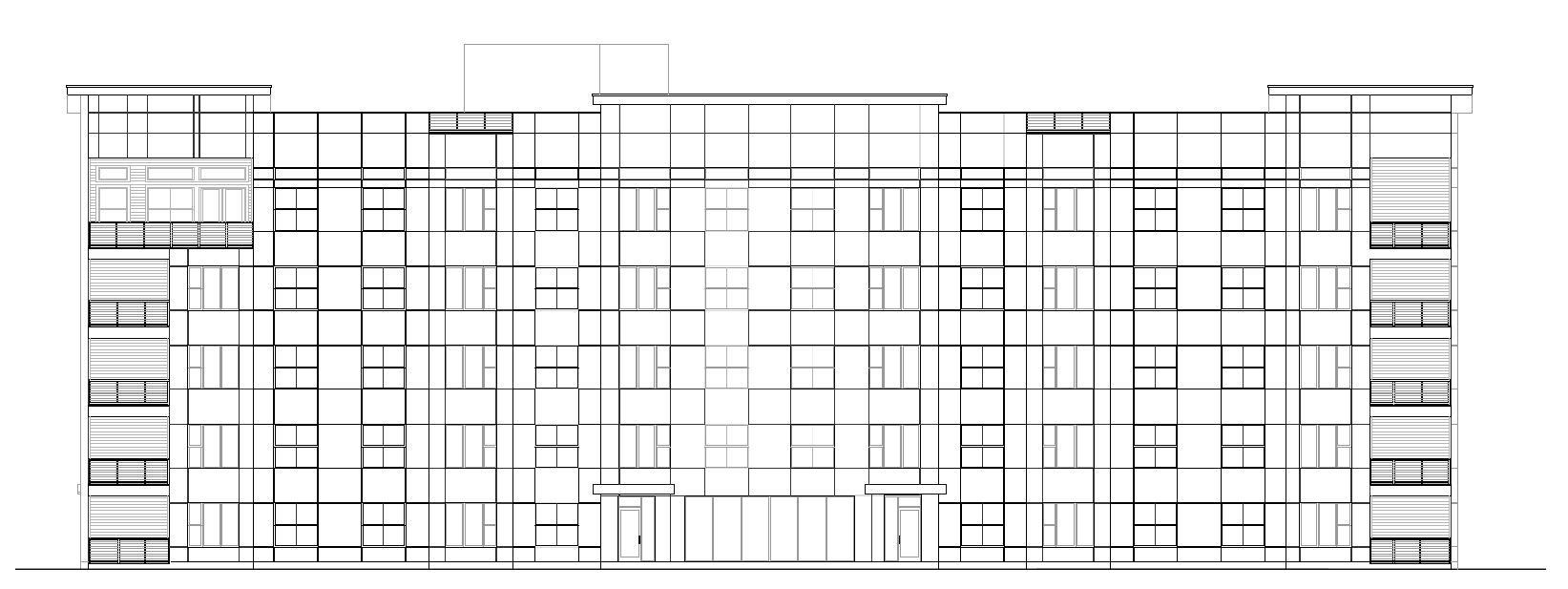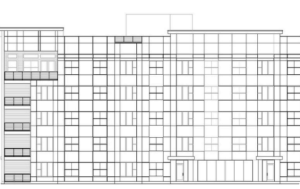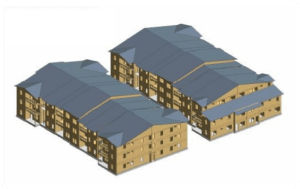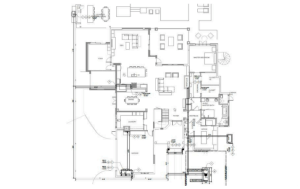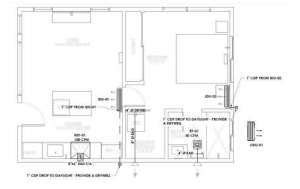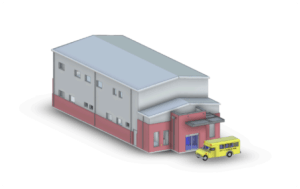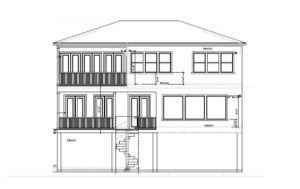Maximizing Energy Savings: How MEP Design Can Upgrade Your Heating System (Keywords: MEP, MEP Design, MEP Engineering Firm, MEP Design firm)
As energy consumption continues to rise, maximizing energy savings has become a crucial aspect of building design. One area that is often overlooked is the heating system. An inefficient heating system not only leads to higher energy bills but also results in increased carbon emissions. This is where MEP design comes into play.
MEP design is a holistic approach to building design that integrates mechanical, electrical, and plumbing systems. By working with an experienced MEP engineering firm, you can upgrade your heating system to improve efficiency and reduce energy consumption. In this blog post, we will explore the benefits of MEP design and how it can help you maximize energy savings in your building.
1. Introduction to MEP Design and its Impact on Energy Efficiency
In modern construction, MEP (Mechanical, Electrical, and Plumbing) design is essential for energy-efficient buildings. It involves planning and coordinating these systems to work together effectively.
A sound MEP design ensures your heating system runs efficiently. This means lower utility bills and reduced environmental impact. With global energy concerns on the rise, prioritizing MEP design is no longer optional—it’s necessary.
Working with a specialized MEP engineering firm ensures your system is optimized. These professionals create designs that save energy while keeping indoor comfort levels high.
2. Understanding the Importance of a Well-Designed Heating System
Whether you’re managing a home, office, or factory, heating efficiency plays a huge role in overall energy use. Poorly designed systems lead to waste, discomfort, and high costs.
One core element is proper insulation. Heat loss through walls or windows can negate your system’s efforts. An MEP design firm will evaluate your building’s thermal envelope and suggest improvements to limit heat loss.
They may also recommend smart zoning systems or programmable thermostats. These solutions reduce energy use while maintaining comfort—especially important in colder months.
3. The Role of MEP Engineering Firms in Maximizing Energy Savings
MEP engineering firms specialize in optimizing building systems for efficiency. Their deep knowledge of heating system components allows them to design setups that reduce energy waste and enhance performance.
They evaluate heating loads, thermal losses, and insulation values. Based on this data, they propose upgrades such as variable speed fans, high-efficiency boilers, or demand-based controls.
Moreover, these firms use advanced modeling tools. This helps predict system behavior before implementation, ensuring the design meets performance expectations. As a result, you avoid unnecessary retrofits and enjoy faster returns on investment.
4. Key Considerations for Upgrading Your Heating System with MEP Design
If you’re considering a heating system upgrade, here’s how MEP design helps:
- Assessment: MEP experts start by evaluating your current system.
- Customization: They design a plan suited to your building’s layout and usage patterns.
- Installation: Efficient systems and smart controls are integrated.
- Follow-Up: Post-installation checks ensure everything performs as expected.
Transitioning to an energy-efficient system doesn’t mean sacrificing comfort. In fact, MEP-led upgrades often enhance comfort by improving air distribution and reducing temperature fluctuations.
5. Benefits of Implementing MEP Design Strategies for Energy Efficiency
Implementing MEP strategies offers benefits beyond cost savings. Here are some key advantages:
- Lower Energy Bills: Smart thermostats and efficient heating units cut costs significantly.
- Improved Comfort: Balanced temperature and humidity improve living and working conditions.
- Sustainability: Reduced energy use lowers your building’s carbon footprint.
- Longevity: Efficient systems face less strain, which extends their lifespan.
These benefits make MEP design a smart investment for property owners looking to future-proof their buildings.
6. Case Studies: Successful Examples of MEP Design Upgrades for Heating Systems
Case Study: ABC Office Building
This office was dealing with high utility bills due to an outdated heating system. An MEP engineering firm recommended energy-efficient boilers, zoning, and smart thermostats. After implementation, the building cut energy costs by 30%.
Case Study: XYZ Manufacturing Facility
XYZ had uneven heating across its plant. They consulted an MEP design firm that implemented variable speed drives, advanced controls, and upgraded insulation. The result? A 25% reduction in energy use and better workplace comfort.
Case Study: DEF Residential Complex
The goal was to improve comfort and efficiency. An MEP firm designed a solution using heat recovery systems and smart zoning. Residents noticed quicker heating times, and the complex saw major energy savings.
7. Tips for Choosing the Right MEP Design Firm for Your Heating System Upgrade
Choosing the right MEP design firm for your heating system upgrade is crucial to ensure maximum energy savings and long-term efficiency. With numerous options available, it can be overwhelming to find the perfect fit for your project. However, by following these tips, you can make an informed decision and select a reputable MEP design firm that aligns with your specific needs.
1. Experience and Expertise: Look for an MEP design firm with extensive experience in heating system upgrades. They should have a proven track record of successful projects and a team of skilled engineers specializing in MEP design. Assess their expertise in energy-efficient designs and their ability to optimize heating systems for maximum savings.
2. Reputation and References: Research the firm’s reputation within the industry. Check for client testimonials, case studies, and references to gauge their professionalism, reliability, and customer satisfaction. Positive feedback and recommendations from previous clients are indicative of a trustworthy firm.
3. Industry Knowledge: The ideal MEP design firm should stay updated with the latest industry trends, energy codes, and regulations. Inquire about their knowledge of sustainable practices, energy-efficient technologies, and their ability to integrate renewable energy sources into heating system designs.
4. Customization and Flexibility: Every heating system upgrade is unique, and the MEP design firm should be able to tailor their solutions to meet your specific requirements. They should be willing to collaborate, listen to your goals, and provide customized design solutions that align with your project’s objectives.
5. Project Management and Communication: Effective project management is crucial for the success of any heating system upgrade. Ensure that the MEP design firm has a streamlined process in place, clear communication channels, and a dedicated project manager to oversee the entire project. Regular updates and transparent communication will help you stay informed throughout the process.
6. Budget and Cost Considerations: Discuss the budget and cost expectations upfront with the MEP design firm. They should be able to provide a detailed estimate of the project, including design fees, equipment costs, and any additional expenses. A reputable firm will strive to provide cost-effective solutions without compromising on quality.
8. Common Challenges and Solutions in MEP Design for Heating Systems
When it comes to MEP design for heating systems, there are certain common challenges that engineers and designers often encounter. However, with the right solutions and expertise, these challenges can be overcome to maximize energy savings in your building.
One of the common challenges is ensuring proper system sizing and efficiency. Inefficient sizing can lead to energy wastage and higher operating costs. A skilled MEP engineering firm can conduct detailed calculations and load analysis to determine the optimal size for your heating system. By considering factors such as building size, insulation, and climate conditions, they can design a system that provides efficient heating without excessive energy consumption.
Another challenge is achieving effective zoning and control. Different areas in a building may have varying heating requirements, and it’s important to have a system that can adapt to these needs. MEP design firms utilize advanced control systems and zoning techniques to create customized heating zones, allowing for precise temperature control in different areas. This not only improves comfort but also minimizes energy usage by only heating the occupied spaces.
9. Future Trends in MEP Design for Energy-Efficient Heating Systems
As technology continues to advance, the field of MEP design for energy-efficient heating systems is constantly evolving. By staying on top of these future trends, you can ensure that your heating system is optimized for maximum energy savings.
One of the emerging trends in MEP design is the integration of smart controls and automation. These systems utilize sensors and algorithms to monitor and adjust heating settings based on occupancy, weather conditions, and user preferences. By automatically adjusting the heating system in real-time, energy waste can be minimized, resulting in significant cost savings.
Another trend is the use of renewable energy sources in heating systems. With the increasing focus on sustainability, many MEP design firms are incorporating solar, geothermal, or biomass technologies into their designs. These renewable energy sources can provide a clean and efficient alternative to traditional fossil fuel-based heating systems, reducing both energy consumption and carbon emissions.
In conclusion, incorporating MEP design into your heating system can have a significant impact on maximizing energy savings. By working with an experienced MEP engineering firm or MEP design firm, you can ensure that your heating system operates efficiently and effectively, resulting in reduced energy consumption and lower utility bills. From optimizing HVAC systems to implementing smart controls and renewable energy sources, MEP design offers a range of solutions to upgrade your heating system. Investing in these upgrades not only benefits the environment but also provides long-term cost savings for your home or business. Consider consulting with an MEP engineering firm today to explore the potential energy-saving opportunities for your heating system.




